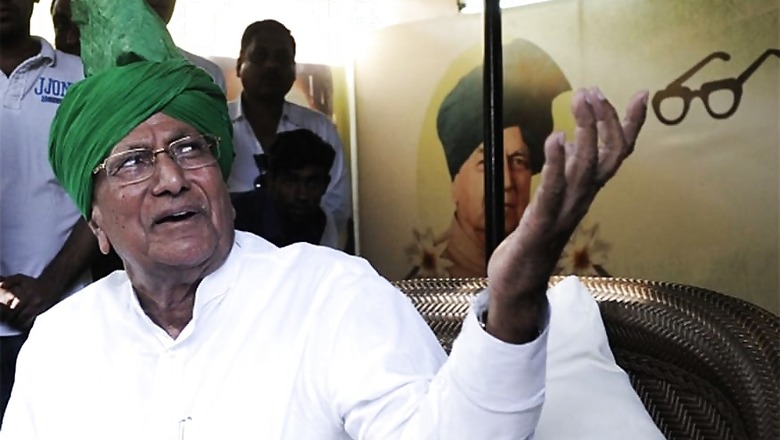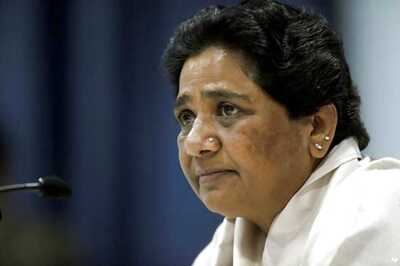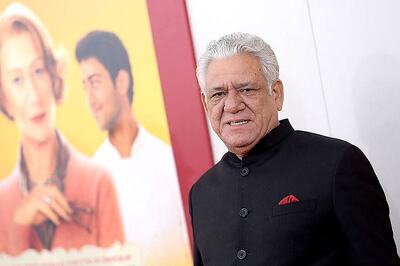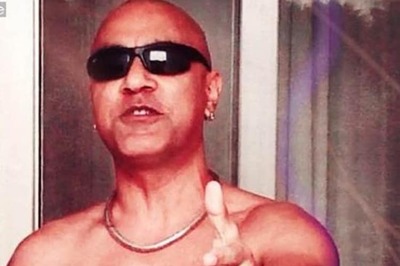
views
Since the Modi wave swept the nation in 2014 Lok Sabha elections, the Congress has been at the receiving end in a multi-polar contest in almost every state where the BJP achieved unprecedented success.
The most prominent example of this is Tripura where Congress’ vote-share shifted lock, stock and barrel to the BJP and resulted in the fall of the Left government in the state and first full majority BJP government in the North-East.
However, this may not be the case as far as Haryana is concerned. Although the grand old party may have suffered in terms of overall vote-share, former chief minister Om Prakash Chautala’s Indian National Lok Dal (INLD), a state party, appears to have taken the real hit.
For context, sample this: in the Lok Sabha elections held earlier this year, INLD’s vote-share in Haryana nosedived to less than 2 per cent from over 24 per cent in both general as well as assembly elections in 2014. This was less than that of Bahujan Samaj Party (BSP), which received 3.6 per cent of the total votes cast.
Even during the 2014 Lok Sabha elections when the BJP, riding on the saffron wave, had won seven out of 10 parliamentary seats in Haryana, INLD had managed to hold on to its vote-share, which declined only marginally from 25.8 per cent in 2009 to 24.4 per cent in 2014, and bagged two parliamentary seats. Similarly, during the assembly elections held later that year, INLD emerged as the second-largest party with 19 seats and over 24 per cent of vote-share. Until this time, it was the Congress that bore the brunt of BJP’s rise.
In the 2019 Lok Sabha elections, however, INLD emerged as a bigger casualty than the Congress. The party, in six out of the 10 parliamentary seats, finished in the fifth spot and settled with a fourth position in the remaining four. Extrapolating Lok Sabha results on assembly segments in Haryana, in only seven of them, INLD barely finished in the top three.
Om Prakash Chautala’s grandson and INLD leader Karan Chautala said that Lok Sabha results cannot be equated with state elections and that the party is confident of performing well in the assembly polls.
“You cannot compare Lok Sabha polls with Vidhan Sabha elections, the two are completely different. That was a national election, this is a region specific one,” Chautala told News18.com.
Sanjay Kumar of the Centre for the Studies of Developing Societies (CSDS), while agreeing that voter behaviour varies in state and general elections, said that INLD’s losses were significant and extraordinary.
“As the vote-share of the corresponding party (BJP) increased from 34 per cent in 2014 to more than 50 per cent this year, it is natural that others would face a decline. But more than that, the enormity of INLD’s fall [in vote-share] is not natural at all,” Kumar said.
“People were voting for Modi and INLD was not seen as an option,” Kumar added.
The reasons
Following a rift within the party, INLD suffered a vertical split with Hisar MP Dushyant Chautala (Karan Chautala’s cousin) floating his own party in 2018 — Jananayak Janata Party (JJP). Analysts view this as one of the more significant and immediate reason for the party’s drubbing in the general elections.
The newly formed JJP, although failing to make any major impact and being overshadowed by the BJP’s dominance, fared better than INLD with nearly 5 per cent of the vote-share (JJP had contested in alliance with the Aam Aadmi Party). Dushyant, who had won the Hisar Lok Sabha seat in 2014, finished second this time.
"Indian voters, except those who are traditional supporters of the party, normally don't want to waste their vote. If there has been a split in the party, then people don't see you as a viable party whatever may have been the strength of the party in the past. The infighting within the party and the image of the leaders of the party that all resulted in what finally happened to the party," Kumar explained.
Karan Chautala, however, didn’t seem bothered about the split. "Parties' fortunes depend on the cadre and not on the leader. Chaudhary Devi Lal Ji and the Chautala Saheb believed in the power of Karyakartas and held them in utmost respect. INLD's cadre is still strong," Karan said.
Meanwhile, several leaders have left the party since the Lok Sabha debacle and the upcoming assembly have virtually become a battle for INLD’s survival and its future in Haryana’s politics.




















Comments
0 comment